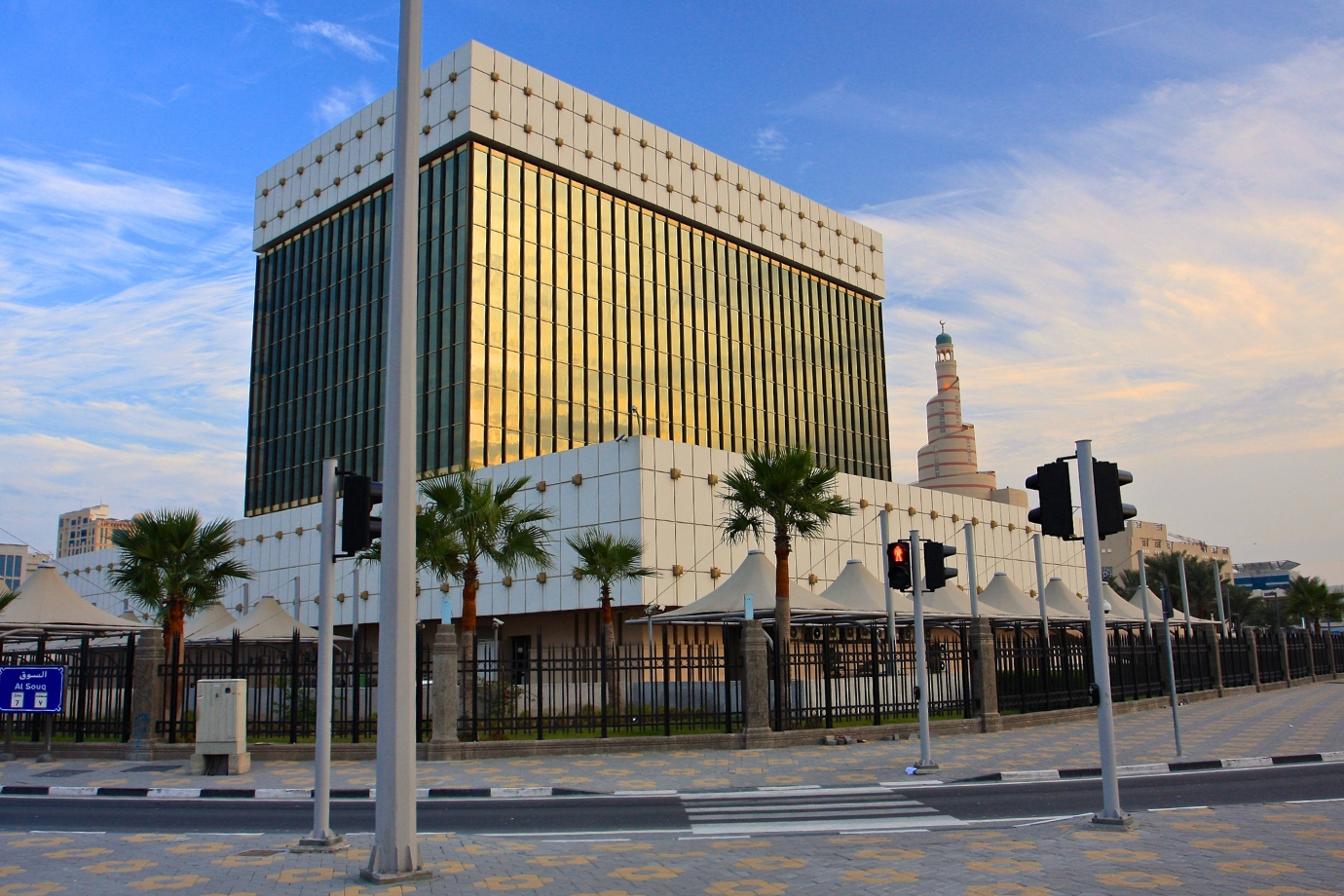The Qatar Central Bank (QCB) has made revisions to the rules governing real estate financing, particularly mortgage regulations. These changes apply to Qatari banks and their subsidiaries operating within Qatar, while branches and subsidiaries of Qatari banks outside the country must adhere to the regulations of the host regulatory authorities if the collaterals and financed properties are located overseas.
The amendments reflect the QCB’s ongoing efforts to enhance control measures for real estate financing in alignment with the sector’s current developmental stage. The aim is to ensure the necessary precautions against real estate risks.
The revised regulations introduce three categories with specific criteria for granting real estate financing:
Category 1: Residential Properties for Individuals
The initial category pertains to providing financial support for residential properties that are either ready for occupancy or under construction. These properties are intended for individuals whose repayment sources are derived from personal income, including salaries or any other non-real estate-related income streams.
For Qataris purchasing ready or under-construction residential properties, the maximum loan-to-value (LTV) ratio is 80% for properties valued up to QR 6 million, with a maximum tenure of 30 years. For properties exceeding QR 6 million, the LTV ratio is 75%, and the maximum tenure remains 30 years.
Resident individuals have a maximum LTV ratio of 75% for collateral properties valued up to QR 6 million, with a maximum tenure of 25 years. If the property value exceeds QR 6 million, the maximum LTV ratio becomes 70% with the same tenure limit.
Category 2: Investment and Commercial Properties
The second category involves financing available for ready properties utilized by individuals and companies for investment and commercial objectives. The repayment of these properties primarily relies on generated real estate revenues.
Qataris citizens and companies, with Qatari partners owning at least 51%, have an LTV ratio of 75% for properties valued up to QR 10 million, and a maximum tenure of 25 years. For properties exceeding QR 10 million, the LTV ratio decreases to 70% while the tenure limit remains the same.
Resident individuals or companies have an LTV ratio of 70% for properties valued up to QR 10 million, with a maximum tenure of 25 years. If the value exceeds QR 10 million, the maximum LTV ratio is 65% with the same tenure.
Non-residents have a maximum LTV ratio of 60% for properties valued up to QR 10 million, with a maximum tenure of 20 years. If the property value exceeds QR 10 million, the maximum LTV ratio remains 60% but the tenure limit reduces to 15 years.
Category 3: Under-Construction Properties for Investment
The third category encompasses financing options for real estate that is currently under construction and intended for investment and commercial purposes. The repayment for these properties relies on the generated revenues from the property, either in its entirety or partially.
Qatari citizens and companies, with Qatari partners owning at least 51%, have an LTV ratio of 60% with a maximum tenure of 20 years.
Foreigners, both residents and non-residents, have an LTV ratio of 50% with a maximum tenure of 15 years.
Additional Rules & Guidelines
The QCB has also established guidelines for salary customers seeking mortgages, with a debt burden ratio capped at 75% of the total salary for Qataris and 50% for expatriates.
Furthermore, if a customer acquires permanent residency in Qatar through property ownership, mortgage providers may extend the tenure to align with that of residents. In the case of financing under-construction properties, if a grace period is granted, it must not exceed three years and should be within the overall tenure. Regular interest payments are required during this period, either monthly or quarterly.

